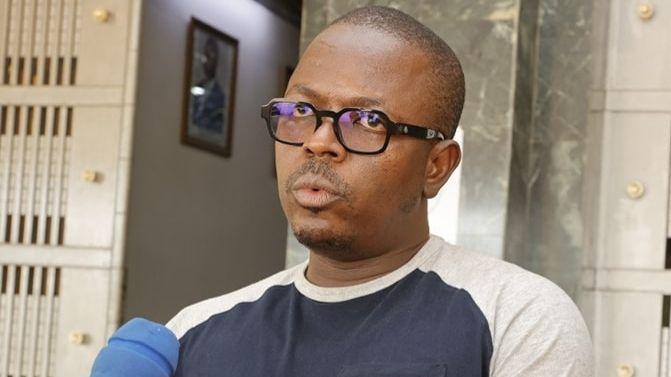
A judicial inquiry has been opened in Burkina Faso following the contentious death of cyberactivist Alain Christophe Traoré, known as Alino Faso, who died on July 24 at a gendarmerie training school in Abidjan after months in detention.
The Ivorian authorities claim he took his own life, a version firmly rejected by Ouagadougou, which describes the death as a “vile assassination.”
The Burkinabe prosecutor’s office announced the investigation amid rising diplomatic tensions between the two West African neighbours.
A Burkinabe investigating judge has been summoned to Ivory coast on allegations of torture and murder linked to the case.
The deceased’s family and the Burkinabe government have condemned the lack of official notification, with news of Alino Faso’s death only emerging on social media three days after the incident.
Burkina Faso’s Foreign Minister Jean Marie Traoré summoned the Chargé d’Affaires of the Ivorian Embassy in Ouagadougou, demanding immediate repatriation of the activist’s remains and “the full truth about the circumstances of this death.”
This incident has intensified a diplomatic crisis with broader regional implications. It comes at a sensitive moment as talks continue between the Economic Community of West African States (ECOWAS) and the Alliance of Sahel States (ESA)—comprising Burkina Faso, Mali, and Niger—which is distancing itself from traditional regional bodies.
Observers warn the controversy, deemed “unworthy” and “contemptuous” by Ouagadougou, risks deepening divisions between Sahelian and coastal states, particularly over monetary policies like the CFA franc, for which France remains guarantor.
Following a walkout by ESA countries from a key meeting on WAEMU’s rotating presidency, tensions between Sahelian states and Ivory coast have escalated. Burkina Faso’s mistrust of Ivorian transparency over the case threatens to stall ECOWAS-ESA dialogue, despite efforts to establish a ministerial troika to mediate post-withdrawal talks.
The Burkinabe government vows justice, declaring “Alino Faso’s death will not go unpunished,” and insists on pursuing the truth. Despite losing his Ivorian nationality, Alino Faso is affirmed as “a full Burkinabe citizen.”
This case marks a turning point in regional integration, highlighting fractures between the ESA’s push for sovereignty and Iory coast’s commitment to maintaining established economic and institutional frameworks. For many Sahelian activists, Alino Faso has become a potent symbol—one whose death risks hardening divisions and stalling prospects for regional reconciliation.



